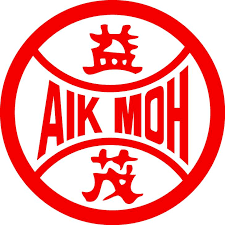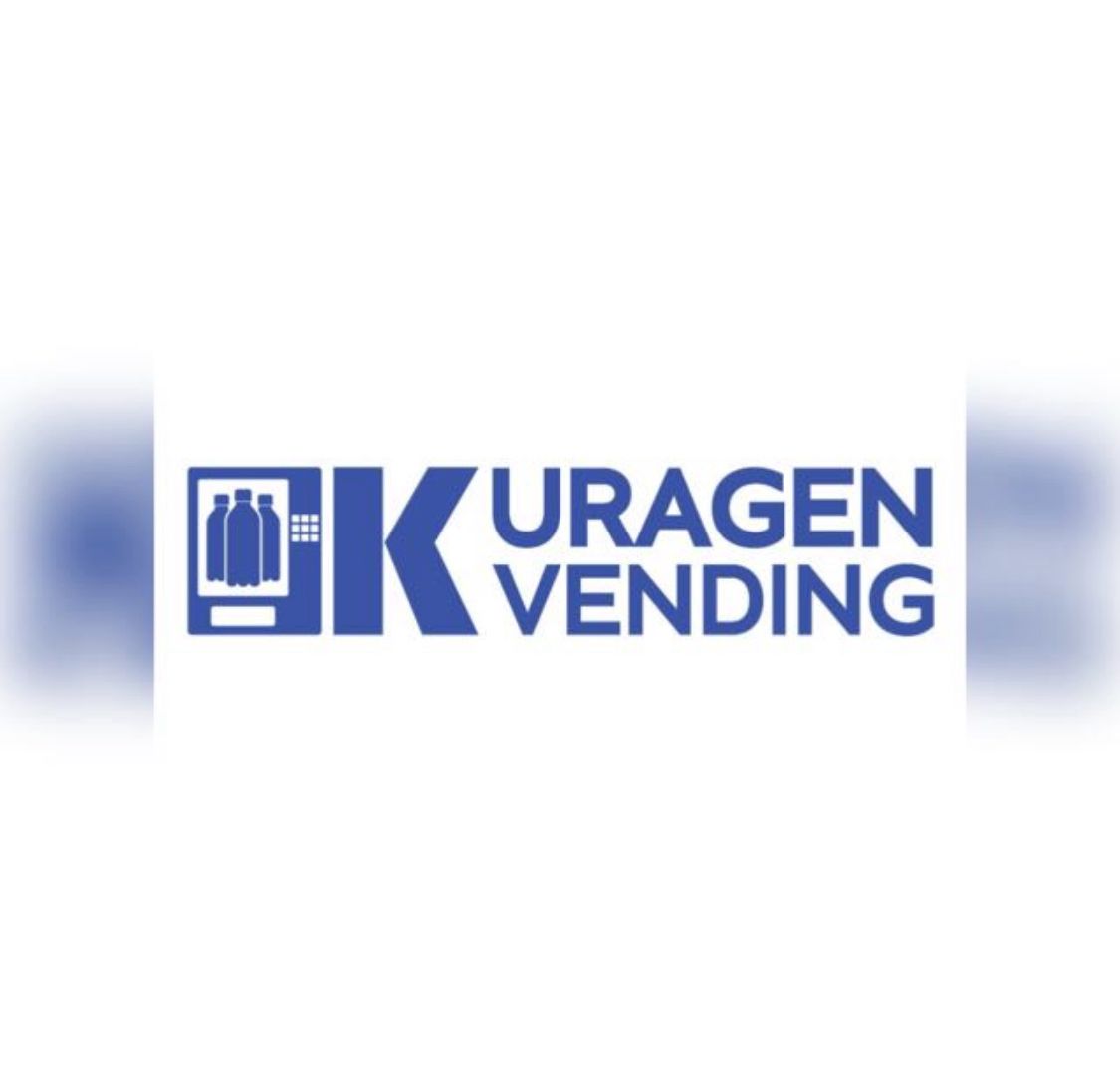1. Office Operations: Administrative Managers are responsible for managing the day-to-day operations of an office or department. This includes tasks like managing office supplies, equipment, and facilities, ensuring security and safety protocols are in place, and maintaining a clean and organized work environment.
2. Communication: They are responsible for facilitating communication within the organization. This includes managing internal and external correspondence, phone systems, and email communications.
3. Records Management: Administrative Managers oversee the organization and maintenance of records and documents, both physical and digital. This includes ensuring compliance with record-keeping regulations.
4. Policy Development: They may contribute to the development and implementation of administrative policies and procedures to improve efficiency and effectiveness.
5. Project Coordination: Depending on the organization, Administrative Managers may be responsible for coordinating specific projects or events, such as office moves, renovations, or special initiatives.
6. Vendor and Supplier Management: They often interact with external vendors and suppliers, negotiating contracts, managing relationships, and ensuring services are delivered as agreed upon.
7. Technology and Systems: Administrative Managers may be responsible for managing and troubleshooting office technology and software systems, including computer networks and office software.
8. Compliance and Regulations: They need to stay informed about relevant laws and regulations related to office management, such as data protection, health and safety, and labour laws, to ensure the organization's compliance.
9. Human Resources Support: In smaller organizations, Administrative Managers may also assist with certain HR functions, such as employee on boarding, benefits administration, and payroll coordination
















